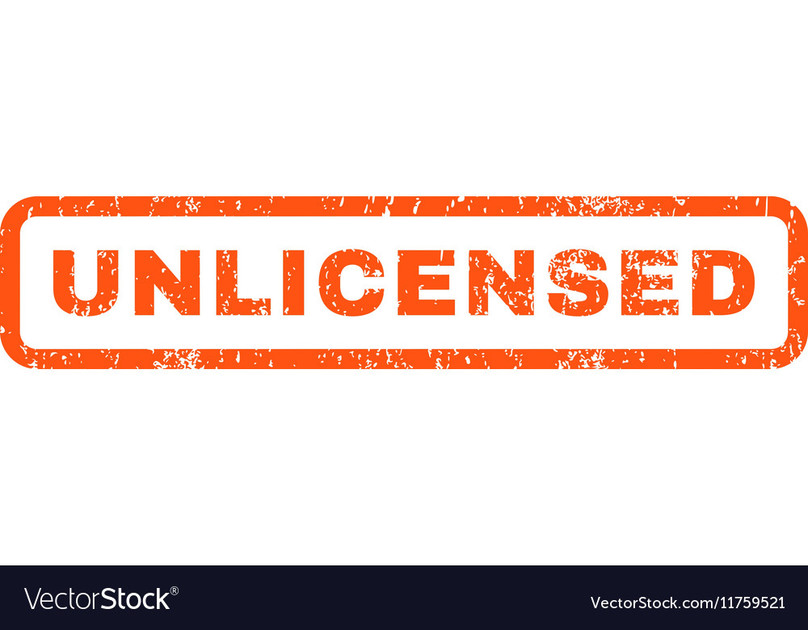
Question: My sister-in-law sees an unlicensed therapist. This concerns me and I asked my sister-in-law about it who assured me that the therapist has very solid training and good results and she is happy with her. This doesn't sound right or ethical to me, but I am not sure what to do, if anything. I would appreciate the thoughts of the panel members.
It is impossible to comment on your sister-in-law as well as on the person who she is seeing, but I can comment on the general phenomenon of unlicensed professionals. This is a topic that is particularly common in our insular kehillos where the individuals involved can range anywhere from life-saving to dangerous.
The two issues to keep in mind are deception and incompetence. Deception refers to making dishonest claims. While there is no issue with calling oneself a mentor, a coach, or other similar title, there is a problem with calling oneself a psychotherapist when one is not. This is deceiving the client and is both unethical and dishonest.
Perhaps more concerning is the issue of incompetence. Someone attempting to help without undergoing the proper training and supervision can do great damage. This is particularly relevant when the client is struggling with a diagnosable disorder (e.g., anxiety, trauma, personality disorders).They can misapply strategies or can engage in outright quackery with little oversight. In addition to lack or knowledge in treatment methods, unlicensed therapists frequently lack training in ethics and boundaries. For example, I am aware of talented & respected individuals who may have expert knowledge in various mental health topics and agree to help others. Yet, they may be weak in providing consistent follow-up or boundaries and end up frustrating those whom they mean to help.
Licensed therapists, on the other hand, officially undergo rigorous training and ongoing supervision in these areas to ensure (to the greatest extent) that they will do no harm. In addition, when licensed professionals engage in incompetent or unethical treatment, they can (and should) be reported to their licensing boards, which creates a mirsas. That being said, even with the above safeguards in place, practicing outside the scope of one’s training can also occur with licensed professionals. However, it is incomparably worse with those who are not licensed whom by definition lack the requisite training and can easily succumb to providing poor treatment or even exploitation.
I would just like to conclude with the following observation. There is a role for psychotherapists and there is a role for the many others who engage in various forms of assistance. We need to work together and when we do so correctly, the true beneficiary is the broader community. In quite a number of difficult situations, I have heard and witnessed that the true hero was the concerned kallah teacher who went beyond the call of the duty, the askan who raised funds for the family, the Rav who selflessly gave of himself for shalom bayis counseling until he saw that it needed a therapist, and the list goes on. May we all merit to enhance K’vod shomayim by working together in an ethical and competent manner.
Originally appeared in the Yated Neeman
 Previous
Previous

